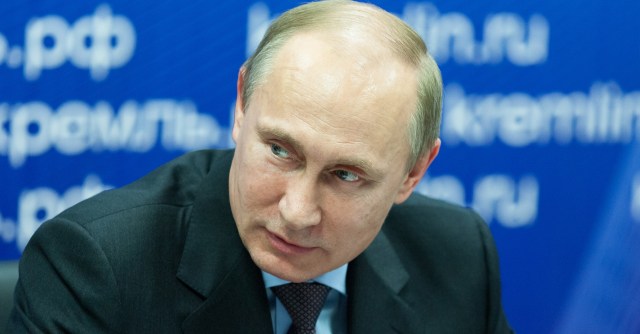Stung by a recent wave of attacks against the sites of his country’s biggest banks, Russian President Vladimir Putin has endorsed a new infosec doctrine to raise online defenses, according to media reports. Among other things, it calls for Russia to develop “a national system of managing the Russian segment of the internet”.
The new doctrine – 17 pages in all – emphasizes “strategic restraint and prevention of military conflicts” and “modernizing” banking security systems. According to Sputnik News, the doctrine also points the finger at special forces from several countries for using stolen information to destabilize the region. In the document, Putin claims that coordinated attacks and spying on Russian facilities is on the rise.
The document mostly emphasizes the need to counter propaganda and recruitment efforts of terrorist organizations and to harden computer security against cyberespionage efforts.
The part about having a system to manage the Russian internet is at the end of the document, with no real detail on how that would be done.
RadioFreeEurope warns in an article that Putin’s government could try to increase control over content and use of the internet despite past comments from Putin about not restricting Russian internet freedoms.
The Russian central bank recently confirmed that hackers had stolen 2 billion rubles in a targeted attack. Last month, hackers used a botnet of hijacked IoT devices to launch DDoS attacks against five major Russian banks.
Russia’s claims of increased state-sponsored cyber attacks against its institutions follows a rancorous US presidential election in which Russia was accused of interfering through hacks of the Democratic National Committee and the email of Clinton operative John Podesta.

